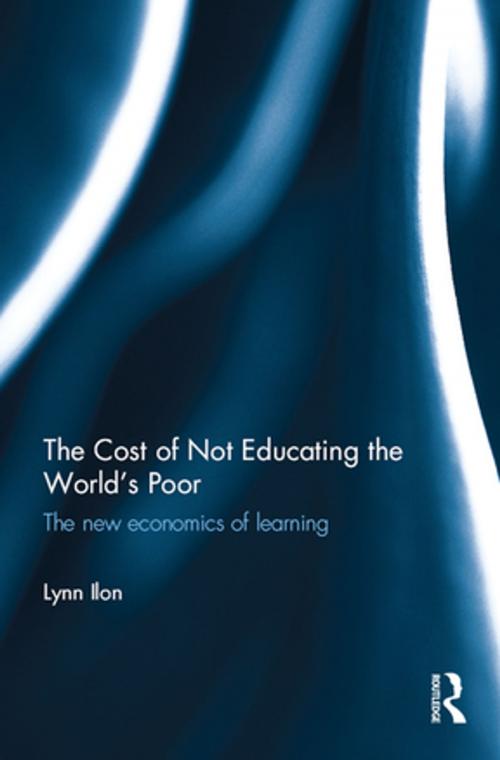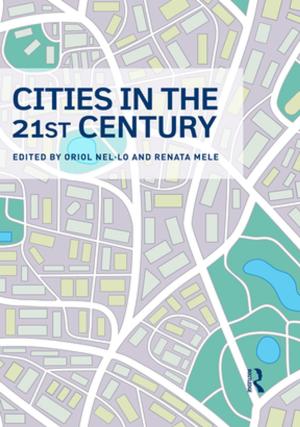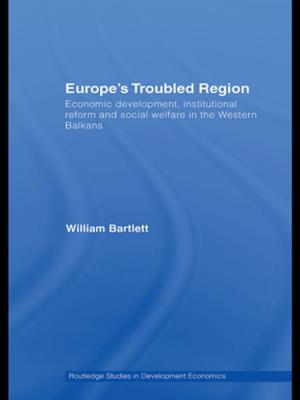The Cost of Not Educating the World's Poor
The new economics of learning
Business & Finance, Business Reference, Education, Nonfiction, Reference & Language, Education & Teaching| Author: | Lynn Ilon | ISBN: | 9781317499930 |
| Publisher: | Taylor and Francis | Publication: | May 15, 2015 |
| Imprint: | Routledge | Language: | English |
| Author: | Lynn Ilon |
| ISBN: | 9781317499930 |
| Publisher: | Taylor and Francis |
| Publication: | May 15, 2015 |
| Imprint: | Routledge |
| Language: | English |
In The Cost of Not Educating the World’s Poor, Lynn Ilon observes from her 30 years of travel and work in some 20 developing countries, how global instability, problems of environmental degradation, spread of global disease, migration and political instability are a cost of viewing the uneducated poor as separated from a networked of fast-growing global knowledge. This book shows how powerful global learning systems are rapidly forming and linking the rich world with the world of the poor and developing nations. Using a narrative voice interleaved with concise introductions to the underlying theories (economics, development, learning, technology and networks) it shows us how changing our ways of thinking can lead to new possibilities. The Cost of Not Educating the World’s Poor is based on an emerging theory of development economics and the author’s own vast experiences and stories. It also discusses, among other issues:
- International development and how it has evolved toward an emphasis on knowledge
- How networked human capital creates new potential for poorly resourced countries
- The formation of a global system of learning networks
- The digitization of knowledge
- How nations improve their well-being through knowledge and equity
This inter-disciplinary assessment of international learning inequality and the methods to overcome it will appeal to researchers concerned with emerging concepts of global learning networks and their effects on development. It will also be of interest to students and policymakers studying national inequality, economics, and global development.
In The Cost of Not Educating the World’s Poor, Lynn Ilon observes from her 30 years of travel and work in some 20 developing countries, how global instability, problems of environmental degradation, spread of global disease, migration and political instability are a cost of viewing the uneducated poor as separated from a networked of fast-growing global knowledge. This book shows how powerful global learning systems are rapidly forming and linking the rich world with the world of the poor and developing nations. Using a narrative voice interleaved with concise introductions to the underlying theories (economics, development, learning, technology and networks) it shows us how changing our ways of thinking can lead to new possibilities. The Cost of Not Educating the World’s Poor is based on an emerging theory of development economics and the author’s own vast experiences and stories. It also discusses, among other issues:
- International development and how it has evolved toward an emphasis on knowledge
- How networked human capital creates new potential for poorly resourced countries
- The formation of a global system of learning networks
- The digitization of knowledge
- How nations improve their well-being through knowledge and equity
This inter-disciplinary assessment of international learning inequality and the methods to overcome it will appeal to researchers concerned with emerging concepts of global learning networks and their effects on development. It will also be of interest to students and policymakers studying national inequality, economics, and global development.















